Best high fiber foods are great for digestive health. I hear this from some people -
"Plant-based food is just a hype. Another trend that someone came up with and most people are tagging along". So, I say, Ok. I get you. But, let's clear the air first, you probably eat plant-based foods more than you think, you just haven't put a label to it.
So, whether you are a proponent of plant-based foods or you are a "free-styler"(no diet label), This best high fiber foods topic is important to both parties.
What is fiber?
You have heard one too many times - Eat more Fiber. Fiber is a type of carbohydrate that is naturally found in plant-based foods. Although Fiber cannot be digested, our Body still needs it to complete digestion process.
When Fiber leaves your stomach undigested and ends up in your colon, it feeds friendly gut bacteria, that results to various health benefits.
Most people only eat around 15–17 grams of fiber per day, but, according to the Institute of Medicine (IOM) (2002), dietary reference intake (DRI), an adequate intake for total fiber, is set at 38 and 25 gram (g) per day for young men (age 14-50 years) and women (age 19-50 years), respectively.
Types of Fiber

There are two types of Fiber, they perform different roles in the body but we actually need both.
1. Soluble Fibers:
This Fibers dissolve in water, helps regulate our blood sugar and absorbs toxins as well as any unneeded cholesterol from the bloodstream. Sources of soluble fiber are:
- Lentils and other beans
- Pectin — like those found in carrots, apples and orange peels
- Psyllium husks
2. Insoluble fibers:
Insoluble Fibers do not absorb water and they hasten elimination. They provide bulk to stool and helps the movement through the digestive tract. Sources of insoluble fiber are:
- Vegetables
- Nuts and Seeds
- Wheat bran
- Fruits, and
- Whole grain foods
I'll like to point out that most food sources of fiber contain a combination of the two above with with 25 percent coming from soluble fiber and 75 percent coming from insoluble fiber.
Now, Let's get into the more interesting part of this topic, What's in this for you? Why should you care? Right?
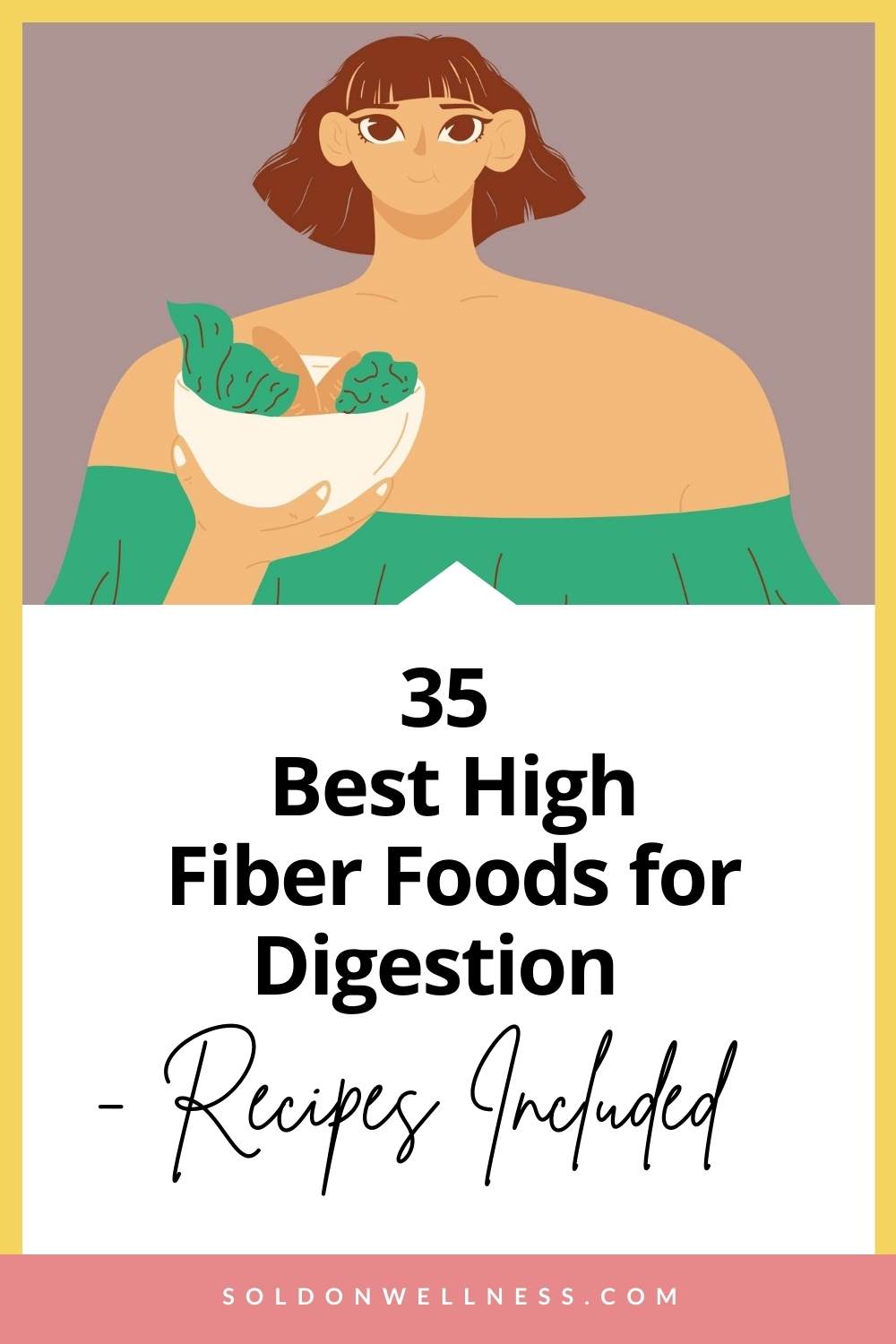
Health Benefits of Fiber to the body
1. Studies have shown that people who consume a high intake of fiber have a lower risk of heart diseases.
2. Fiber foods helps reduce the risk of digestive disorders like Hemorrhoids, Constipations, Diverticulitis (which are little sac-like protrusions in the intestinal wall, mainly found in the lower or sigmoid portion of the colon and diverticular disease is a fairly common cause of pelvic or abdominal pain).
3. The Soluble and Insoluble Fibers may also play a role in protecting against colon cancer.
4. Nutrients such as Calcium , magnesium and Potassium contained in this best high fiber foods helps play a preventative role on blood pressure.
5. Struggling with weight loss? Studies have show the role fiber intake can play in body weight.
6. Fiber rich Foods helps manage Diabetes. Soluble Fibers helps regulate blood sugars by delaying the emptying duration of the stomach, this in turn slows the absorptions of sugar after meals and minimises the amount of insulin required.
Short and Sweet:- If you want to enjoy a healthy digestion, fiber may help you with that desire.
By now, I am guessing you are convinced about the importance of Fiber in your diet, and before you start feeling clueless about what the best high Fiber foods are. Let's dive in!
Vegetables
1. Beets
Fiber content: 3.8 grams per cup.
Beet is a root vegetable that is packed with vital nutrients like copper, iron, potassium, manganese and folate.
It is also loaded with inorganic nitrates that has benefits related to exercise performance and blood pressure regulation.
2. Okra
Fiber content: 3 grams per half a cup.
Some people have a like and dislike for Okra, some don't like it when it "draws" but that's a huge part of why people from where I come from loves it.
We make it into "insanely" delicious vegetable soup. Okra is very high in fiber plus it tastes nice!
3. Sweet Potato
Fiber content: 2.5 grams per 100 grams for medium-sized boiled sweet potato (without skin)
I prefer the Ochre colour potatoes best because in my opinion they taste more nicer than the pink potato. As you enjoy its sweetness, your body gets to enjoy four times your daily requirement of vitamin A.
4. Broccoli
Fiber content: 5.1 grams per cup, boiled.
When compared to other cruciferous vegetables, broccoli is higher in protein plus antioxidants and powerful cancer-fighting nutrients.
It's packed full of B vitamins, vitamin C, folate, vitamin K, iron, potassium and manganese.
5. Artichoke
Fiber Content: 10.3 grams per medium vegetable, cooked.
Ok, I get Artichokes look prickly, and I'm guessing that could be a reason why they are underused.
However Artichokes is very high in many nutrients, in fact when compared to any other vegetables, they pack more fiber.
6. Brussels Sprouts
Fiber Content: 4.1 grams per cup, boiled.
Brussels sprout are high in potassium, folate, cancer fighting antioxidants and vitamin K, It is also a type of cruciferous vegetable that is related to broccoli.
7. Carrots
Fiber content: 3.6 grams in one cup, or 2.8 grams per 100 grams.
Carrot is a crunchy and highly nutritious root vegetable. popularly known for its beta-carotene (an antioxidant that is turned into vitamin Ain the body), but it is also high in Vitamin B6, Vitamin K and magnesium.
NUTS/SEEDS
9. Pistachios
Fiber Content: 13 grams grams of fiber per cup.
Pistachios are rich in fiber and protein and healthy fats. They are also rich in carotenoids, antioxidants, carotenoids, phenolic compounds, and magnesium, all these helps to control blood sugar.
10. Almonds
Fiber content: 3.4 grams per ounce.
Almonds are very high in healthy fats, manganese, magnesium, and vitamin E.
Deeper Dive:
Super immune boosting foods that are not oranges
Delicious foods that promote a healthy digestive system
Turmeric Milk Benefits – 13 Interesting Benefits Your Body Will Love
Anti-Inflammatory Foods List: 13 Delicious Foods That Helps Fight Inflammation
FRUITS
14. Avocado
Fiber content: 6.7 grams per half, raw.
Avocados are superfoods that is backed full of healthy fats, vitamins and of course fiber.
In addition avocados are a great source of mono- and polyunsaturated fats which can can help reduce the risk of heart-disease and lower cholesterol.
17. Raspberries
Fiber Content: 8 grams per cup, raw.
Consuming a high amount of raspberry has been shown to help decrease the rick of heart disease, obesity, diabetes and general mortality.
Raspberries contain the antioxidants choline and alpha and beta-carotene, lutein, zeaxanthin.
18. BlackBerries
Fiber Content: 7.6 grams per cup, raw.
Blackberries are nutrient-dense fruits and fiber-packed, a 100 g serving of blackberries contains 14 percent of the RDA of fiber.
Blackberries has high levels of antioxidants, such as Vitamin K and anthocyanins.
19. Pears
Fiber content: 5.5 grams per medium fruit, raw.
Pear is another fruit with high fiber content. A medium full pear (skin inclusive) is enough to meet a quarter of your daily fiber requirement.
20. Oranges
Fiber content: 3.1 grams for One medium orange
Orange is popularly known for its vitamin C content, However they pack a whole bunch of healthy fiber as well.
21. Strawberries
Fiber content: 3 grams in one cup, or 2 grams per 100 grams.
Strawberries are super delicious. Honestly I think we've have more nutritious natural/healthy foods around us to need Junk foods in anyway.
Strawberries are packed full of manganese, vitamin C and many potent antioxidants.
Legumes
22. Lentils
Fiber content: 15.6 grams per cup, cooked.
If you looking for an affordable nutritious foods, then Lentils is for you. They are loaded with a lot of nutrients and very high in protein.
23. Chickpeas
Fiber content: 12.5 grams per cup of cooked chickpeas.
Another type of legume with nutrients and minerals is Chickpeas. They are high in fiber and protein, iron, zinc, phosphorus, folate, B vitamins and more. For those in need of plant-based protein and fiber, you'll love chickpeas.
24. Split Peas
Fiber content: 16.3 grams per cup, cooked.
Split peas is part of the family as beans and lentils. They contain a variety of nutrients and are also protein rich. If you are like me that's wary of the time it takes to cook other beans, you'll love this, cos it cooks quicker than the other dried varieties.
26. Black beans
Fiber content: 15 grams per cup, cooked.
Black beans, also known as black turtle beans, are legumes. They are high in fiber, cholesterol free, versatile. black beans are also a great source protein and folate.
GRAINS
28. Bulgur
Fiber content: 4.1 grams per half cup, cooked
Unlike other refined carbohydrate foods made with refined or enriched wheat, bulgur wheat is a better source of complex carbohydrates, fiber, and protein.
If you are following vegetarian and vegan meal, you might want to consider adding this to your diet
29. Pearled Barley
Fiber content: 6 grams per cup, cooked.
Pearled barley is rich in Calories, fat, protein, fiber and carbs. Because of it high fiber content, its good for your digestive health.
30. Oatmeal
Fiber content: 4 grams per cup, cooked.
Oats are one of the most nutrient-dense foods you can eat, a good source of soluble fiber, a dietary fiber connected to help lower blood cholesterol.
Oats are rich in fiber, carbs, vitamins and minerals. They pack more protein and fat than most other grains.
31. Quinoa
Fiber content: 5.2 grams per cup of cooked quinoa
Quinoa is one of the most protein-rich foods you can eat. It contains nine essential amino acids and almost twice as much fiber as most other grains.
32. Bran Flakes
Fiber content: 7 grams per cup, raw.
Bran Flakes is packed full of Fiber, Calories, carbs, fat, protein, cholesterol, and more, adding a concentrated source of insoluble fibre, like wheat bran, to your diet may help when constipated.
33. Whole Wheat Pasta
Fiber content: 6.3 grams per cup, cooked.
Whole-wheat pasta contains the germ and barn of the grain, and that adds dietary fiber.
Whole wheat pasta is far healthier than white pasta, cos it's packed with complex carbs, fiber, iron, magnesium, protein, and zinc.
34. Popcorn
Fiber content: 1.2 grams per cup of air-popped popcorn
Watching a movie isn't really complete without - Popcorn! Popcorn is a healthier snack you can enjoy instead of junk snacks.
It is low in calories and has the highest concentration of polyphenols and fiber.
35. DARK CHOCOLATE
Fiber content: 3.1 grams in a 1-ounce piece, or 10.9 grams per 100 grams
Errm...want to indulge without the guilt? Enter in Dark Chocolate!!! Yummy, 'Insanely' satisfying and you know what, it has the ability to nourish your beneficial gut bacteria.
Your gut microbes needs Dark chocolate to keep you healthy. So dig in!
Final Thoughts on best high fiber foods
Eating healthy high fiber foods is clearly beneficial for our wellbeing, however being a very caution person, I always want to know the good and the bad side of things, weigh my options , then draw my conclusions.
We've talked about the good sides above, and there's no contesting that healthy high fiber foods are beneficial to our digestive system, however too much fiber taken so quickly may cause
- Loose stools or Diarrhea
- Constipation
- Flatulence
- Abdominal pain
- Bloating
- Intestinal Blockage for those with Crohn's disease
- Reduced Blood sugar Levels (particularly important for those who have diabetes)
If you have any experience like vomiting, nausea or the inability to pass stool or gas for more than few days, call your doctor immediately.
So the key here is to
- Increase your healthy high fiber foods intake s-l-o-w-l-y and make you sure to drink your daily recommended water intake.
- Don't try to make sudden changes to your fiber intake, If you feel constipated and you feel you should increase your fiber intake, add a few grams of fiber from variety of foods to your diet each week.
What are your thoughts on Fiber, do you feel the need to incorporate more of these best high fiber foods in your diets now? Share your thoughts in the comment section.
More Resources:
Effects of Dietary Fiber and Its Components on Metabolic Health

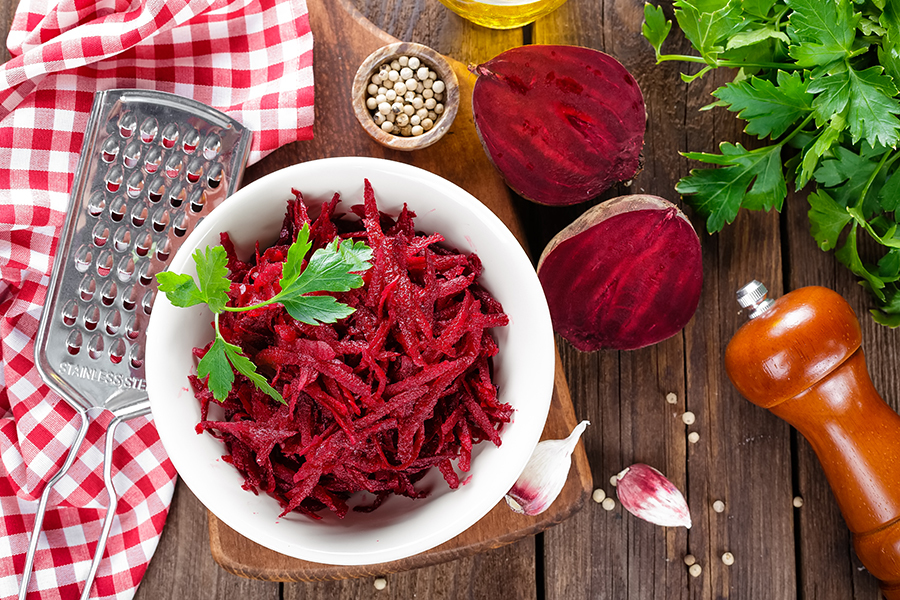
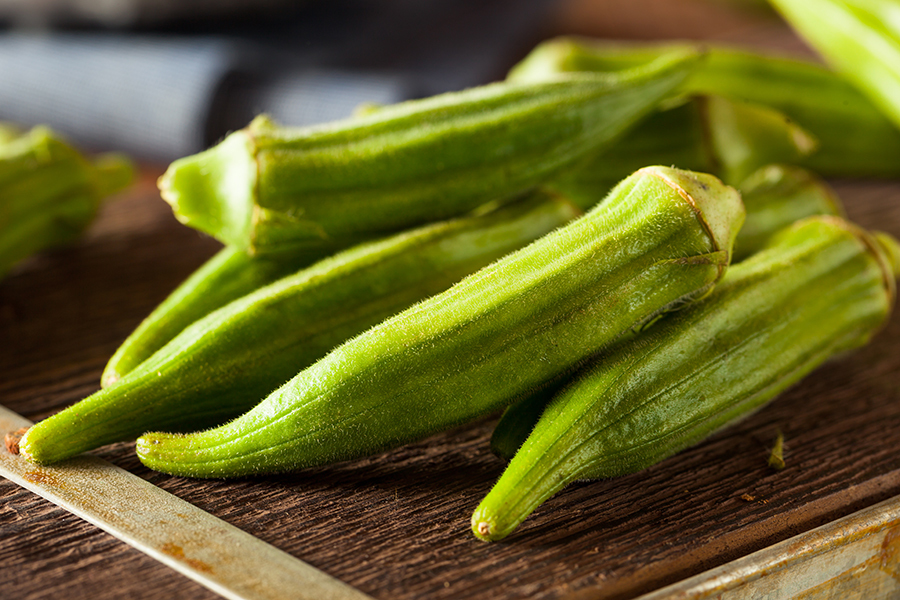
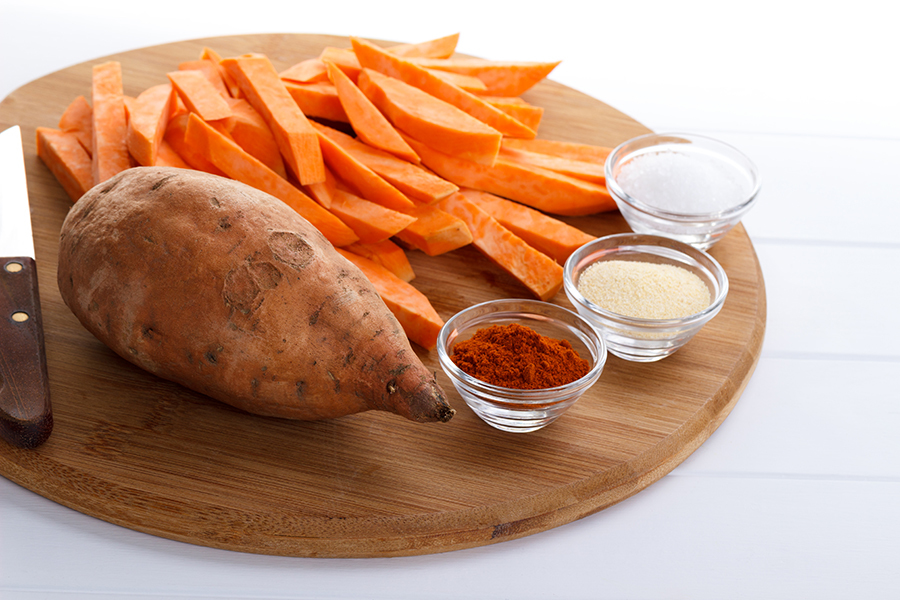
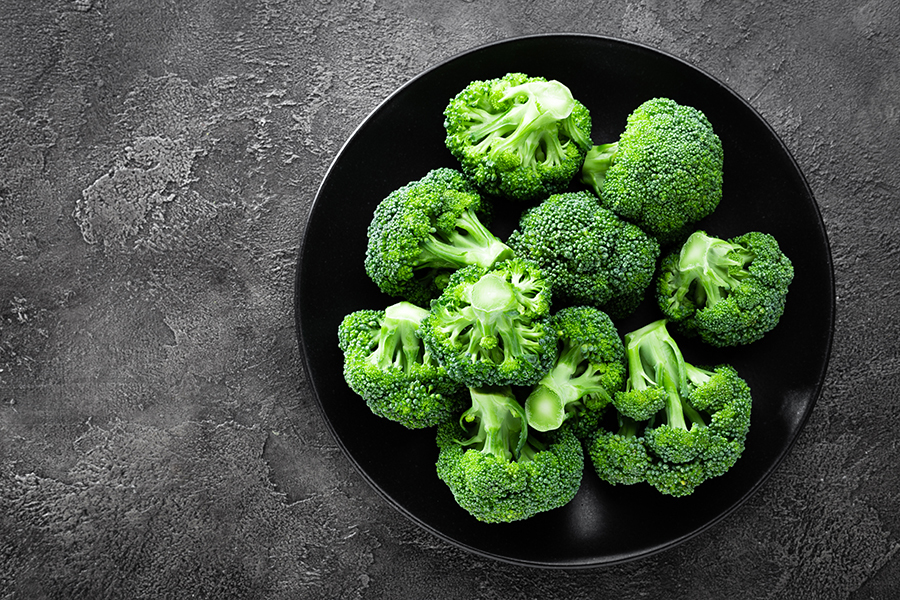
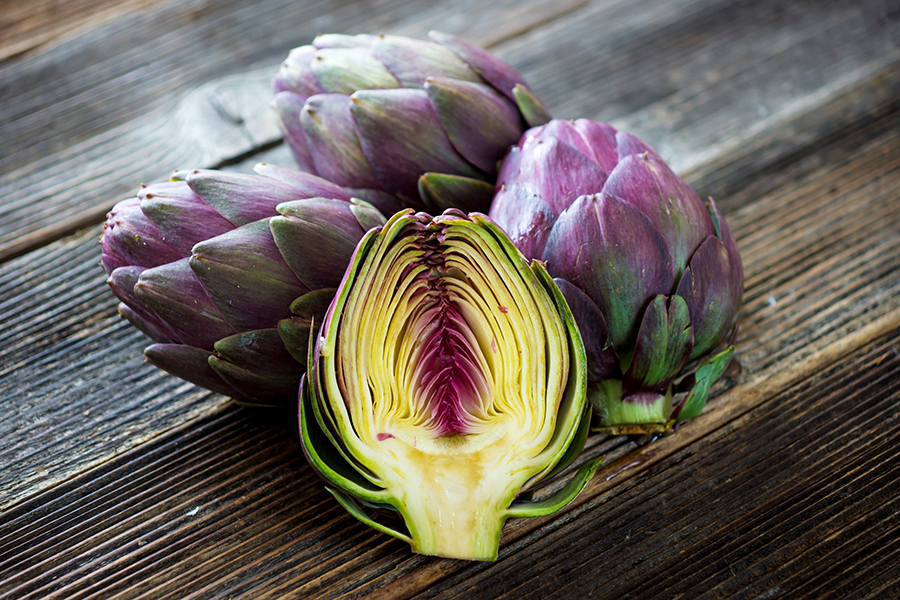
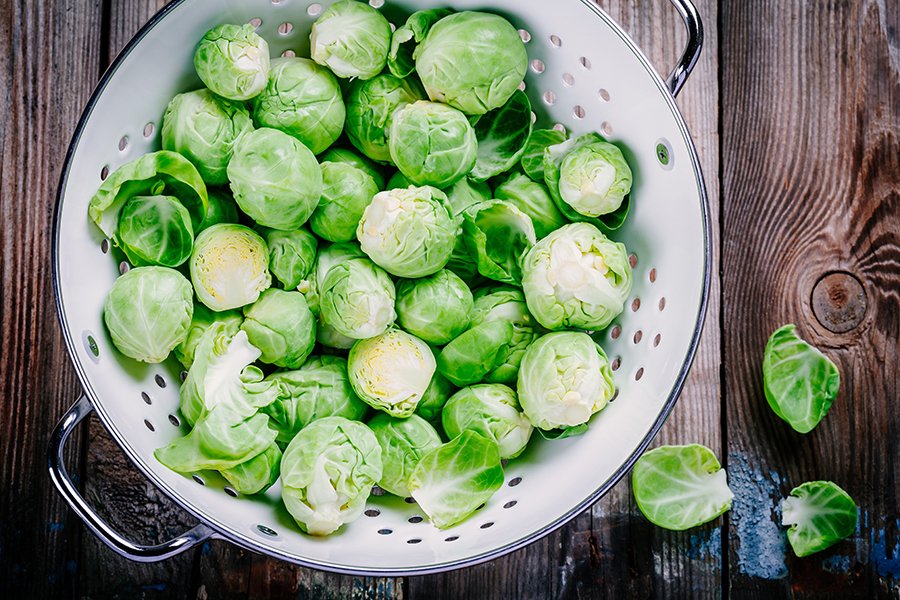
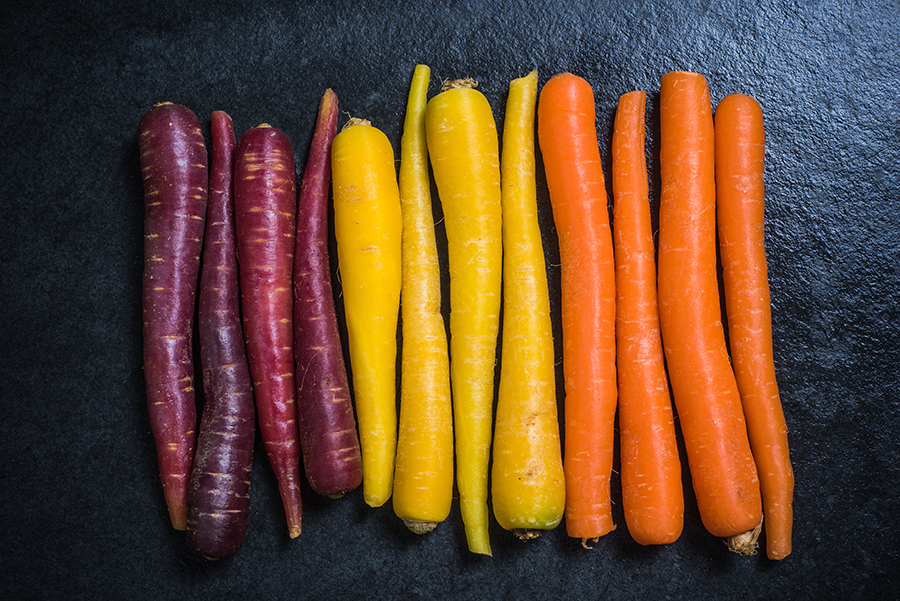
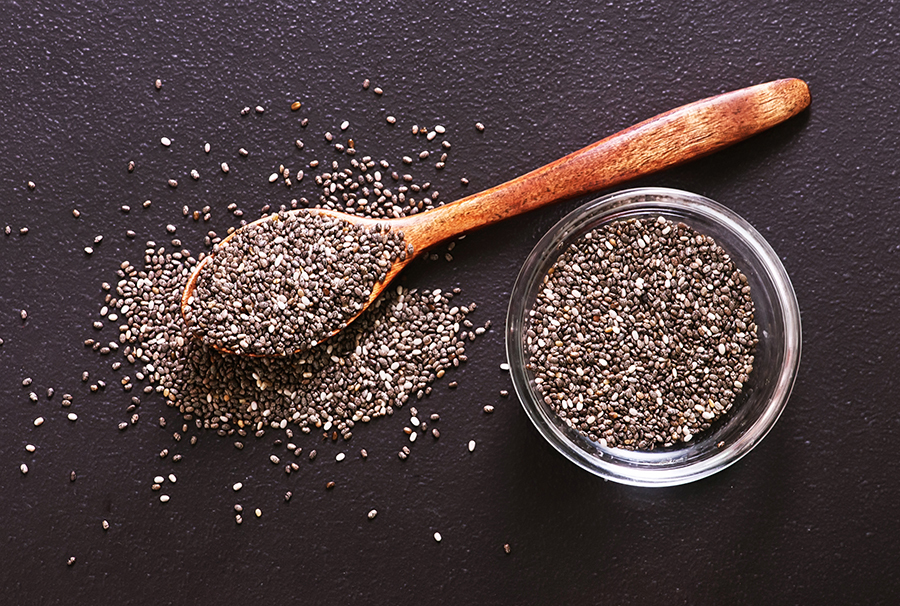


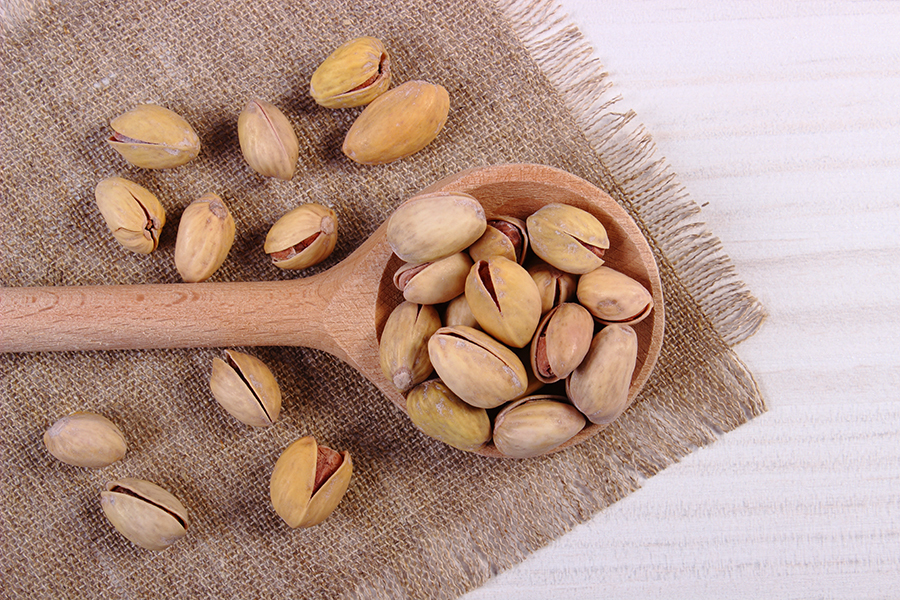
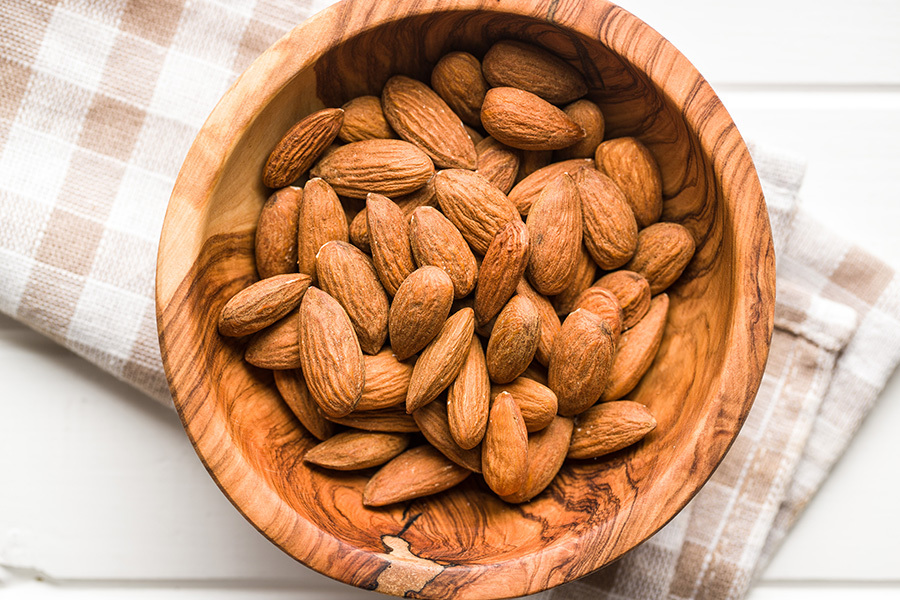
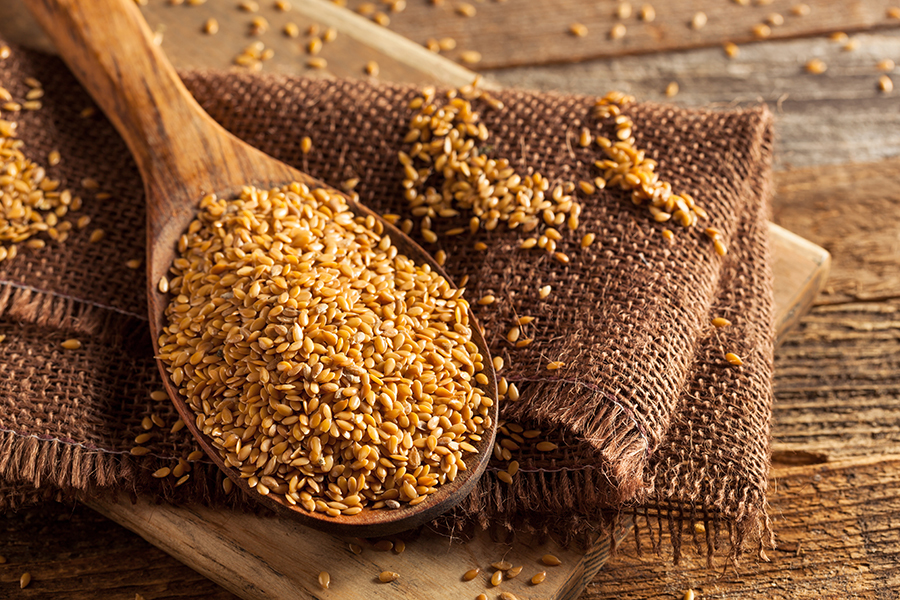
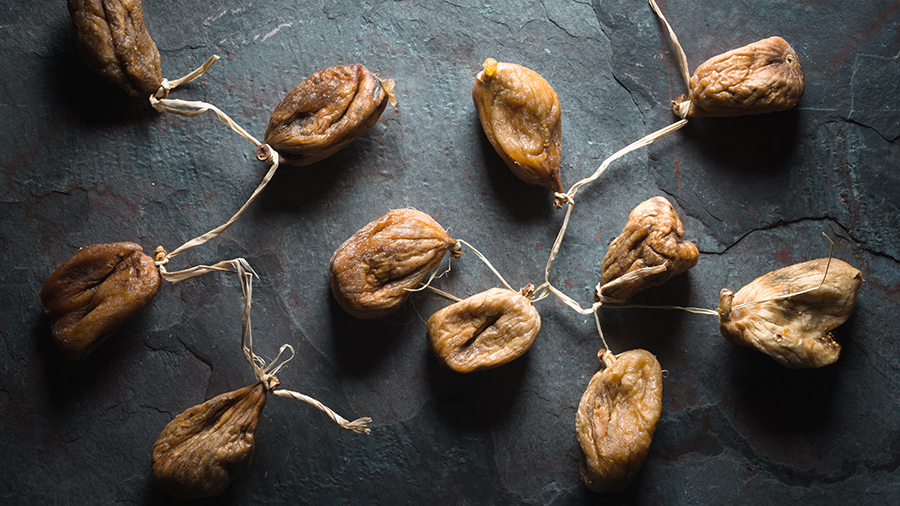
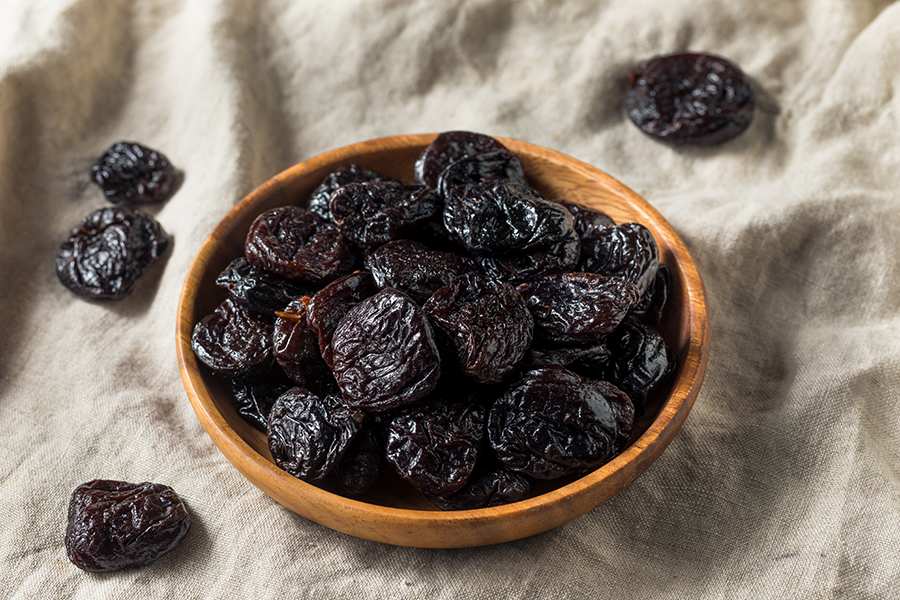
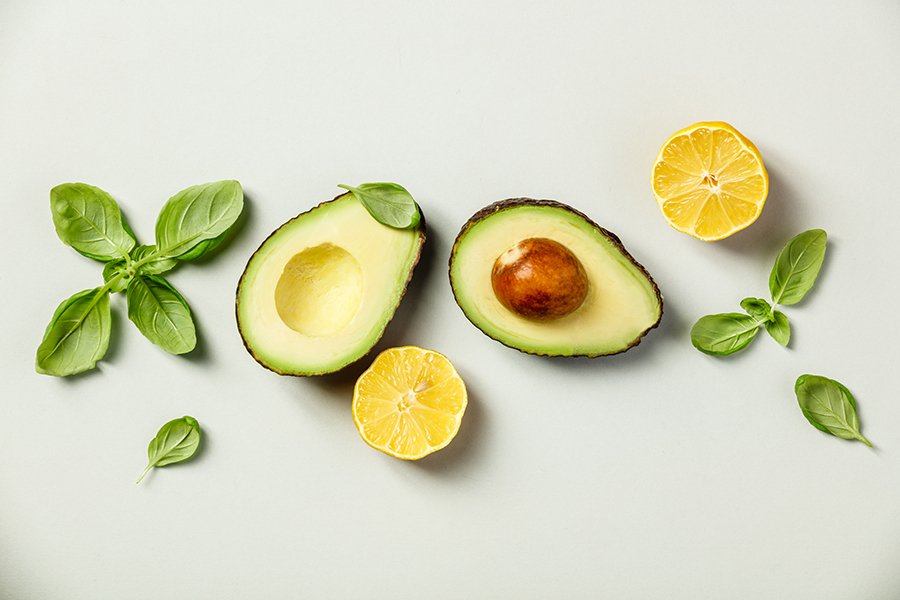
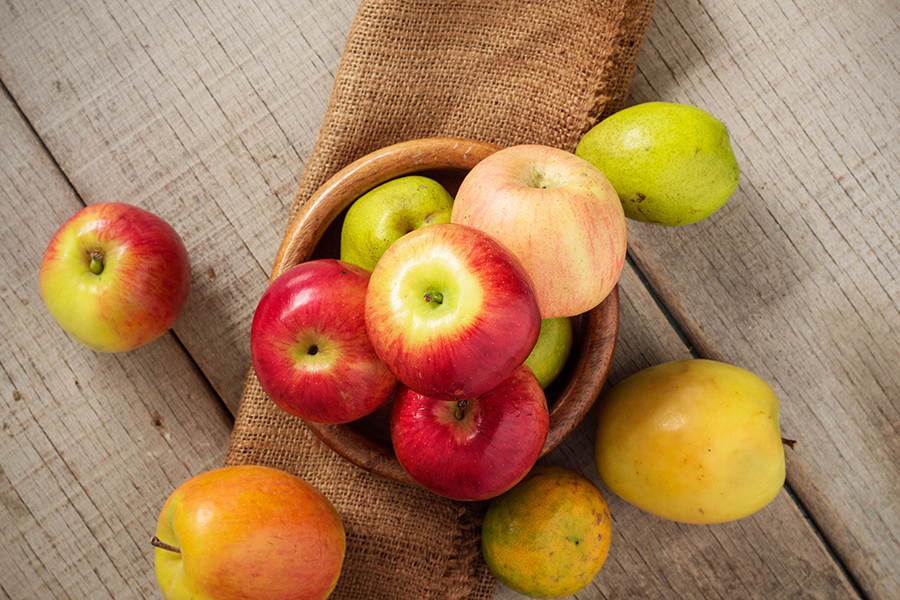
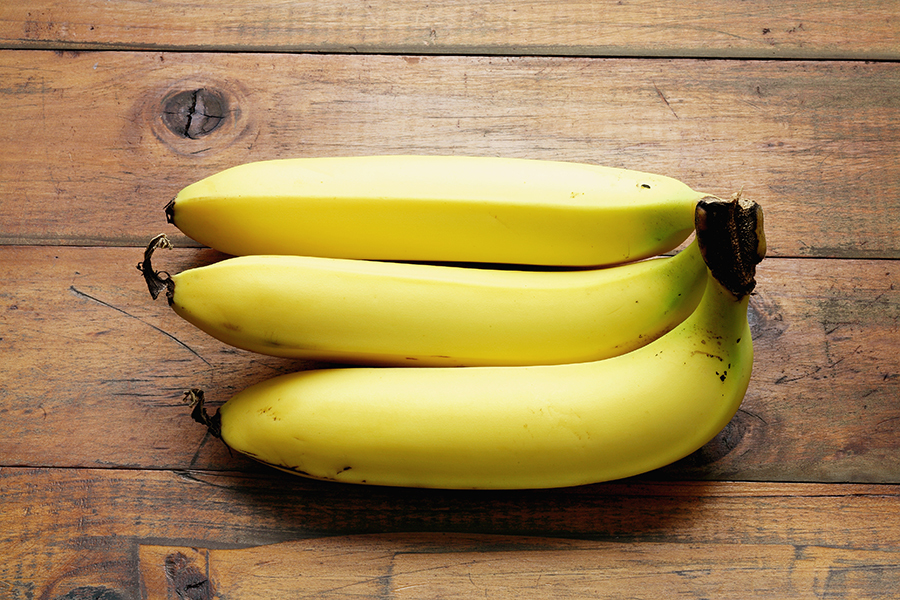
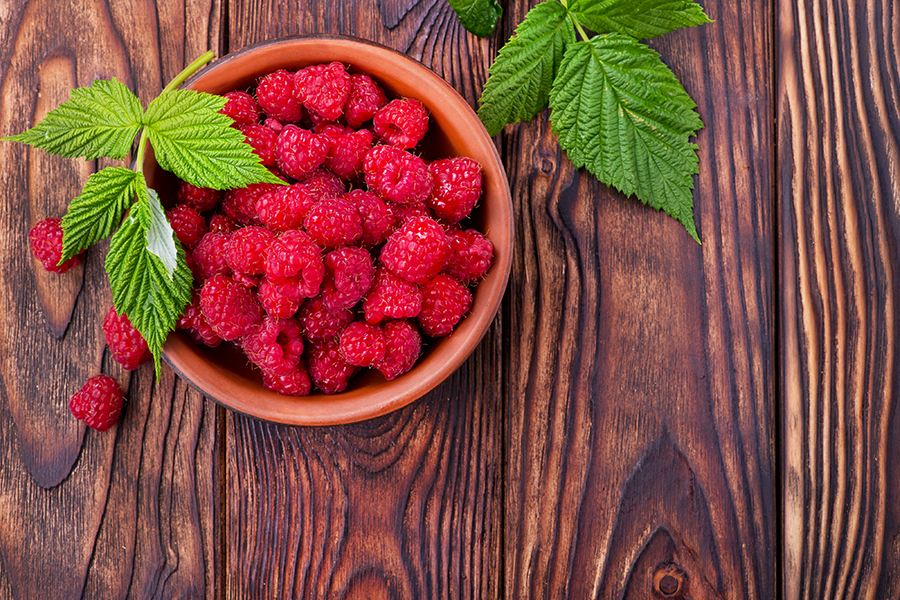
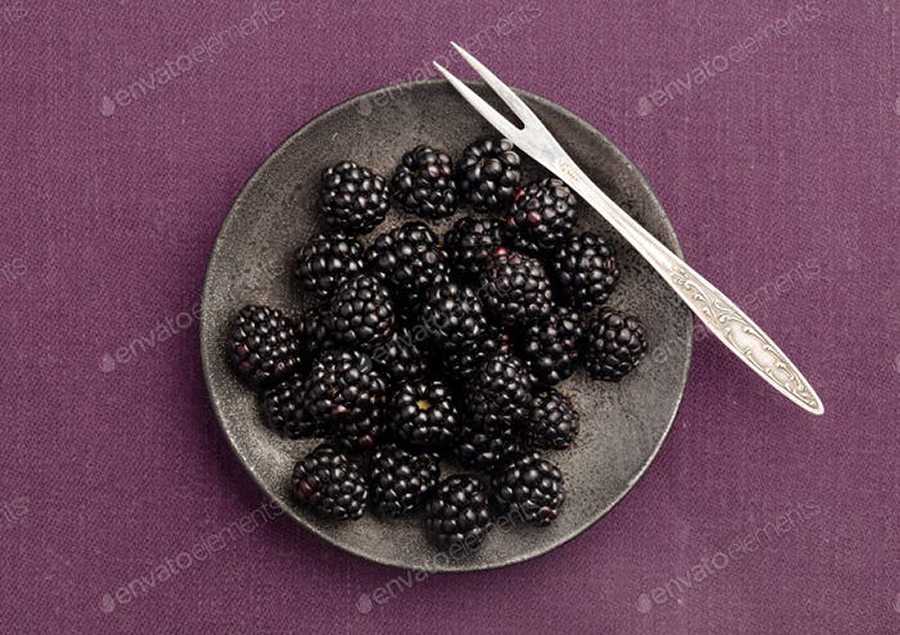

![Ninja Blender and Soup Maker [HB150UK] 1000 W, 1.7 Litre Jug, Black](https://m.media-amazon.com/images/I/71aL5P3tvAL._AC_SX425_.jpg)

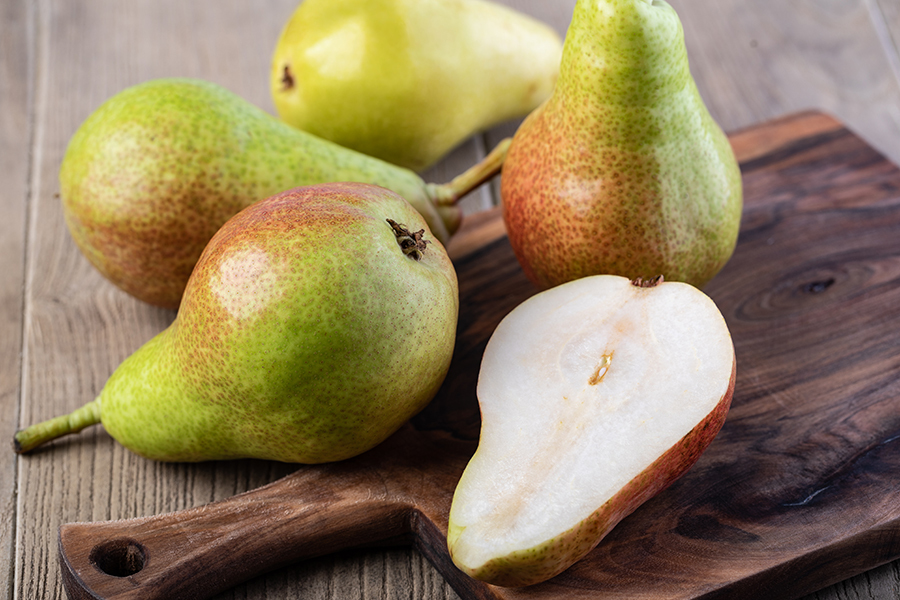
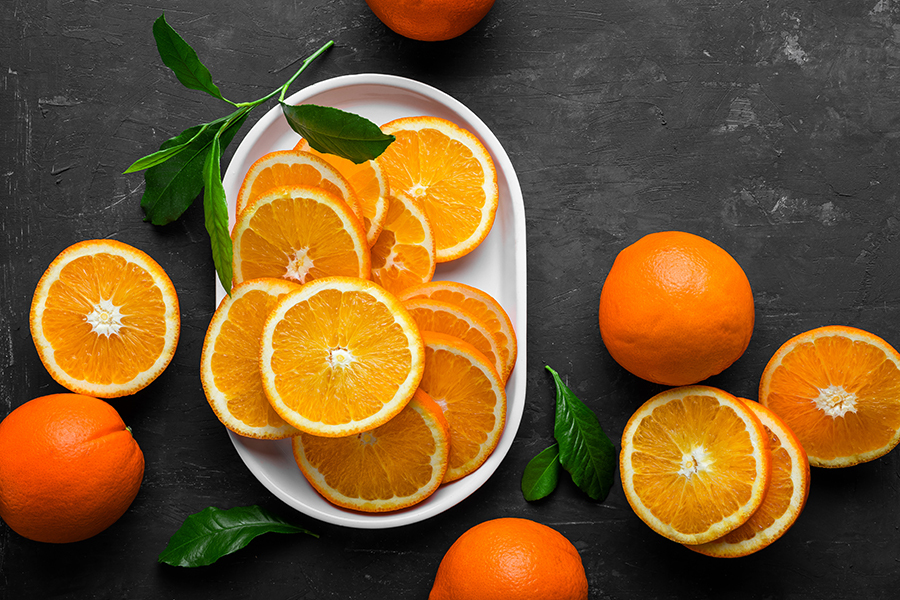
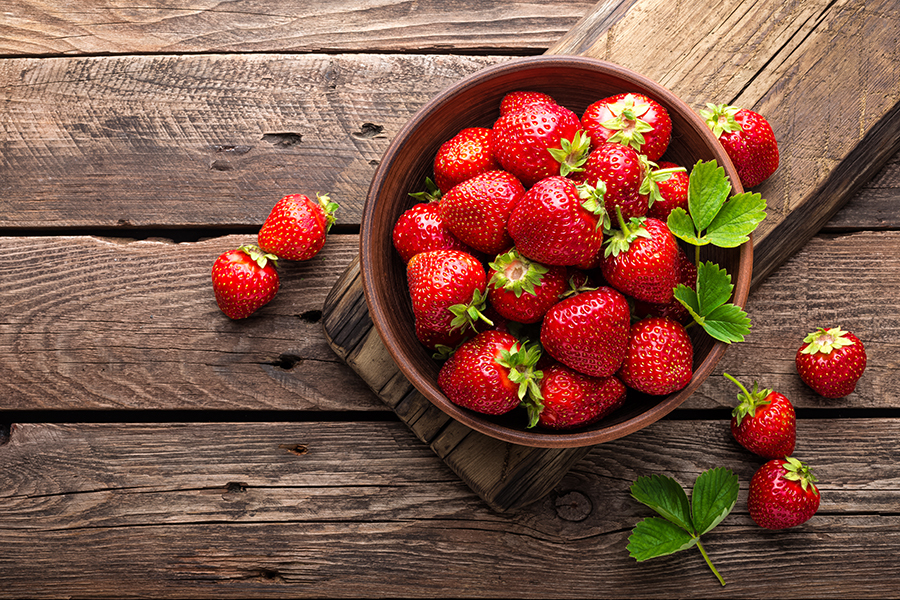
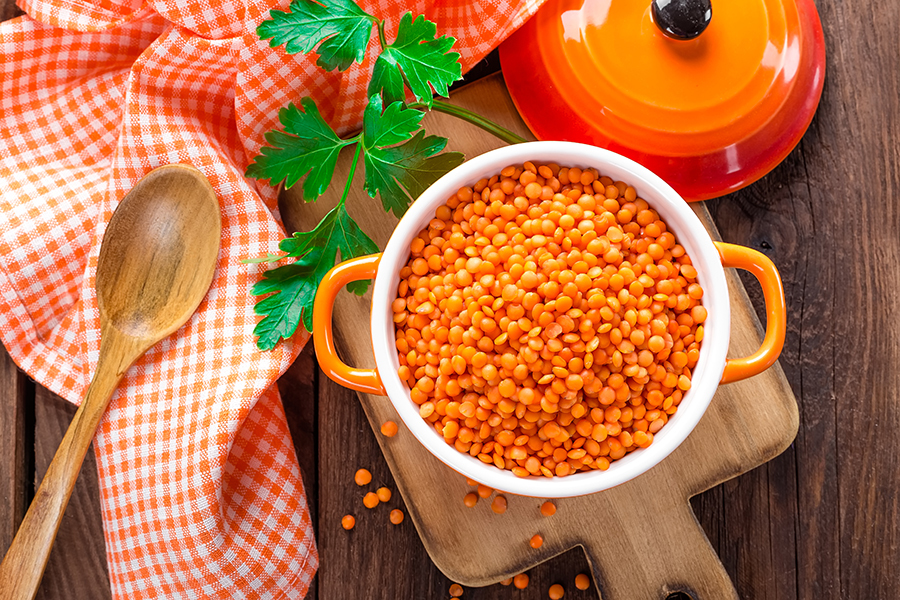
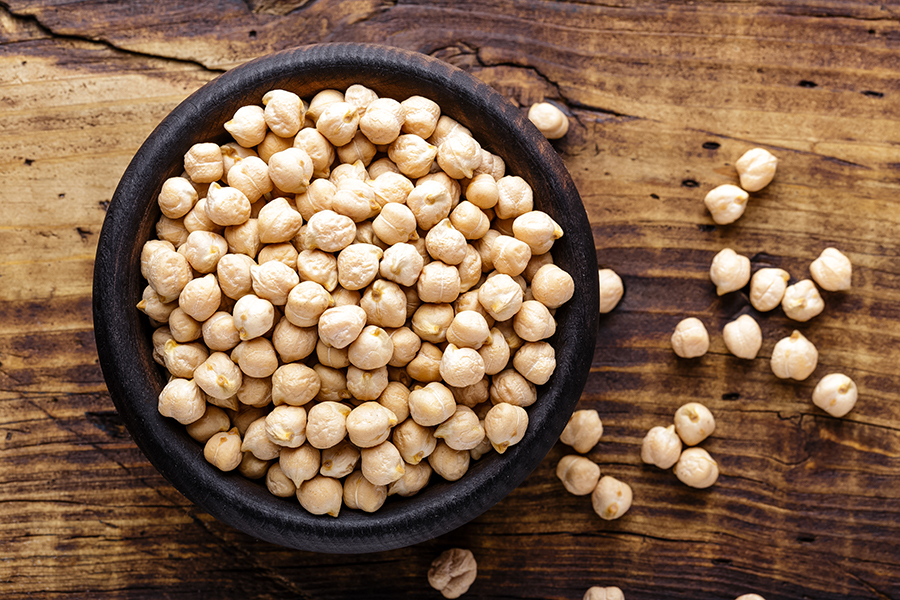

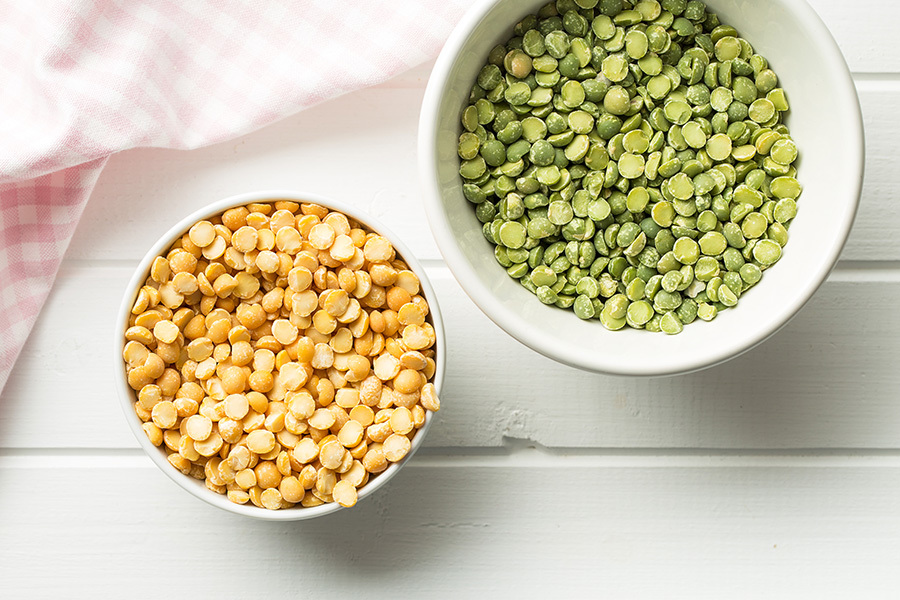
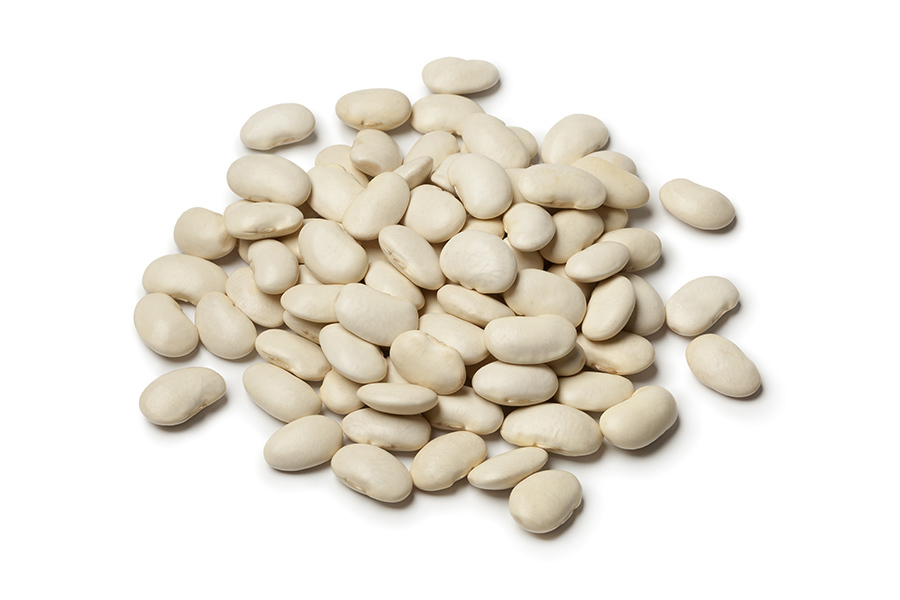
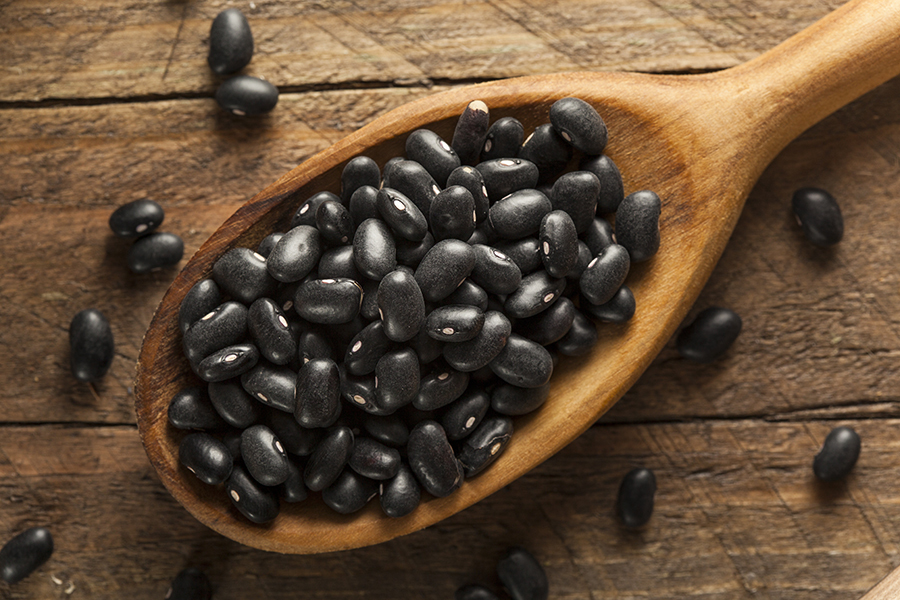
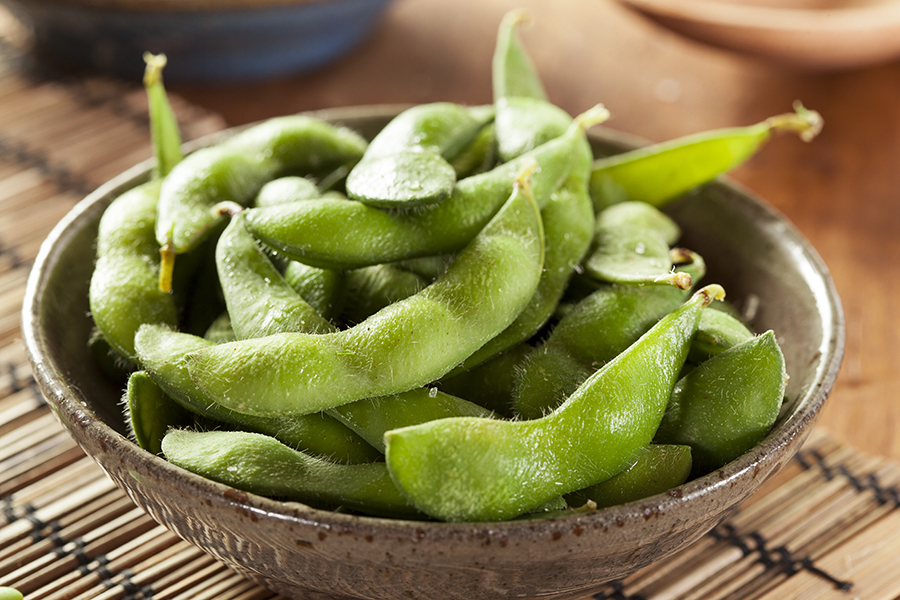
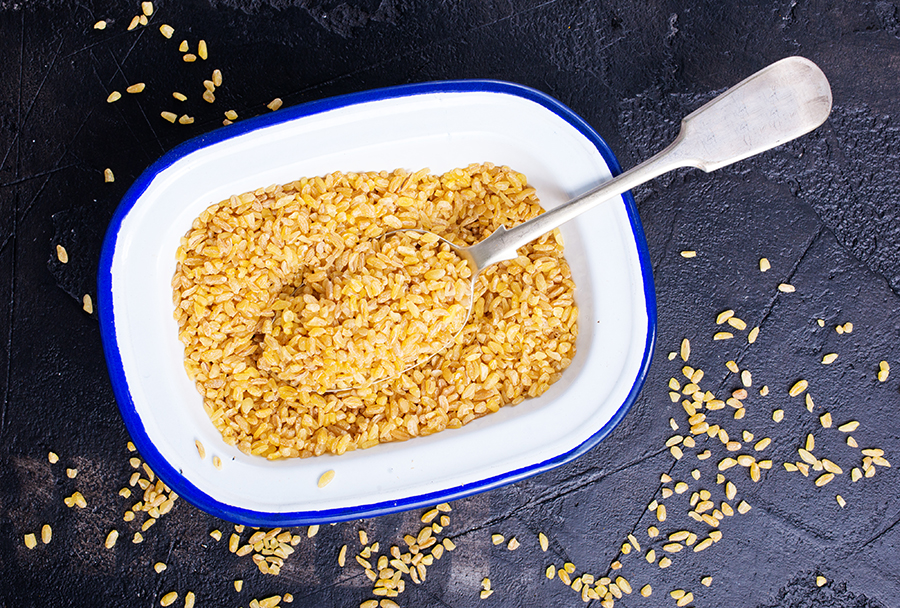
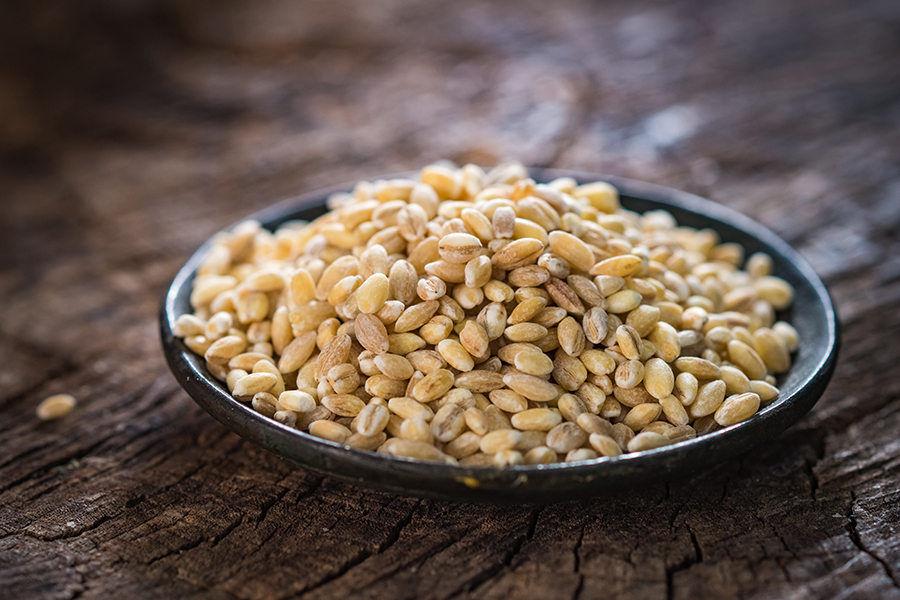

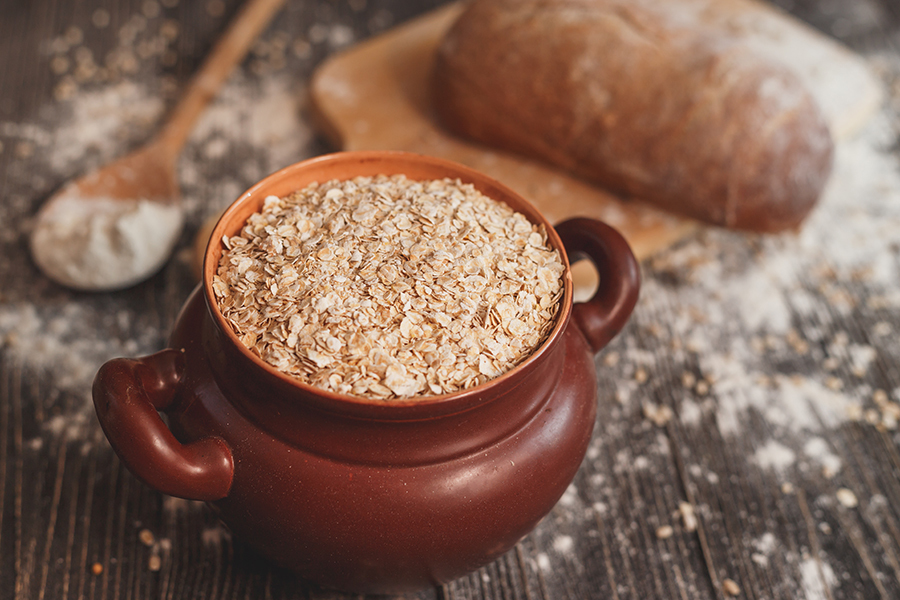
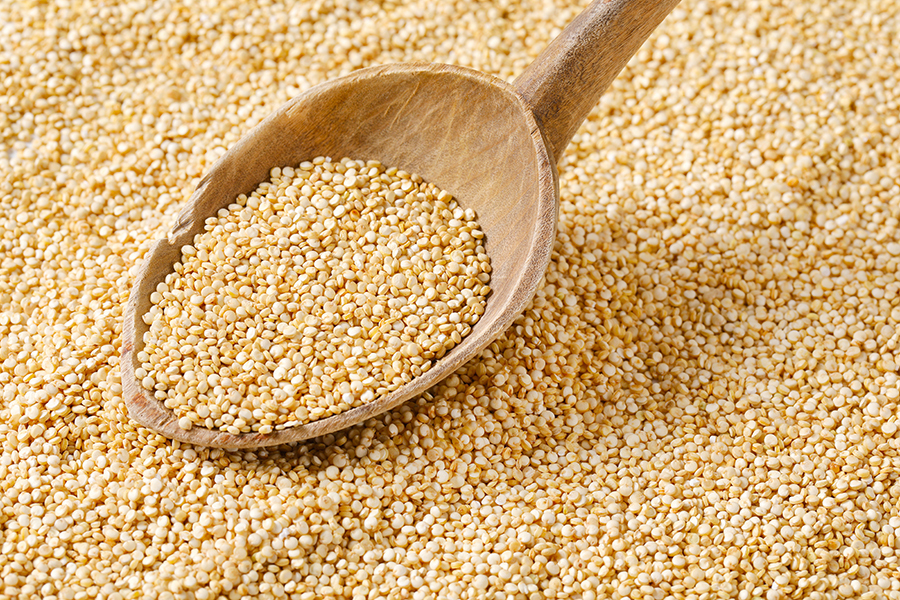

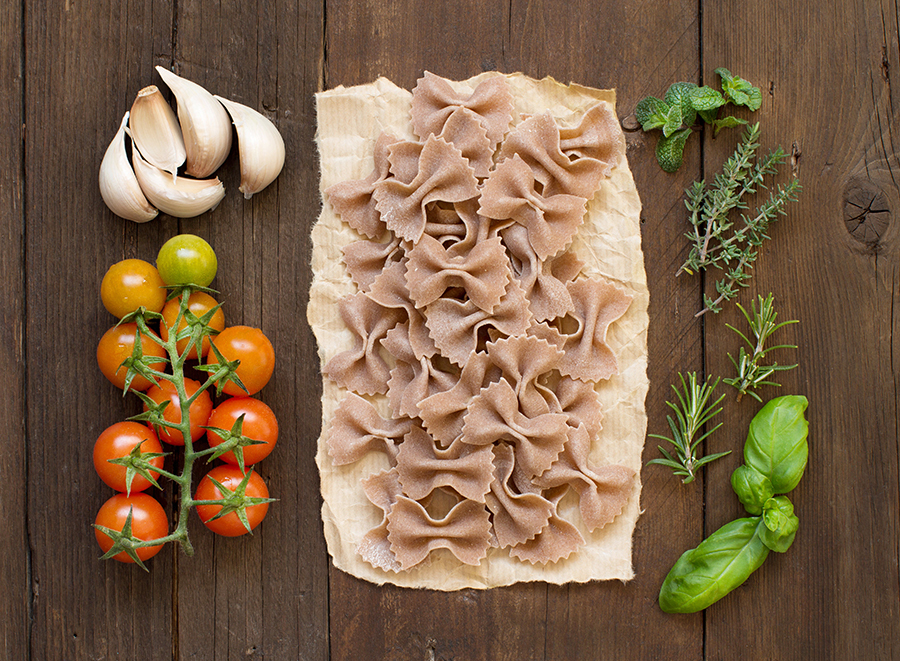
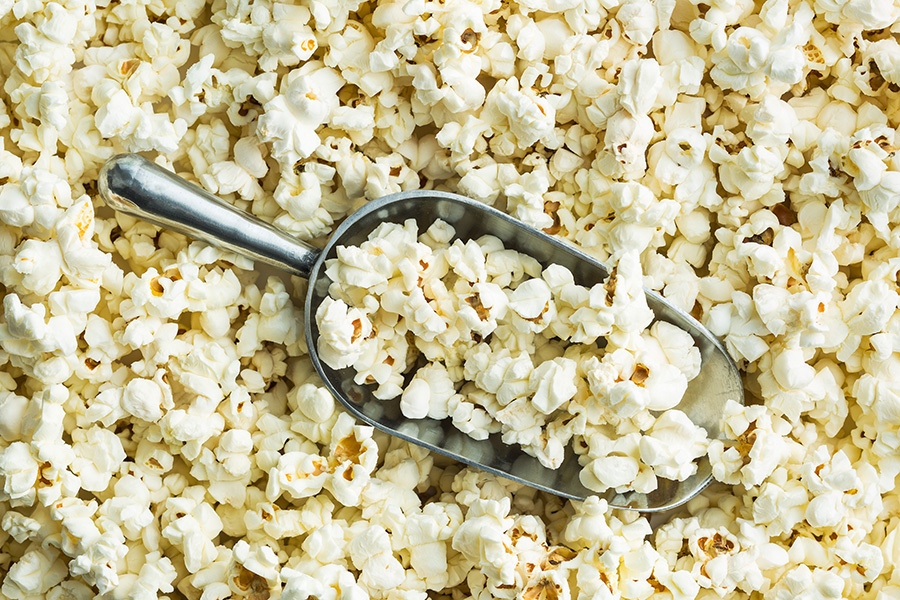
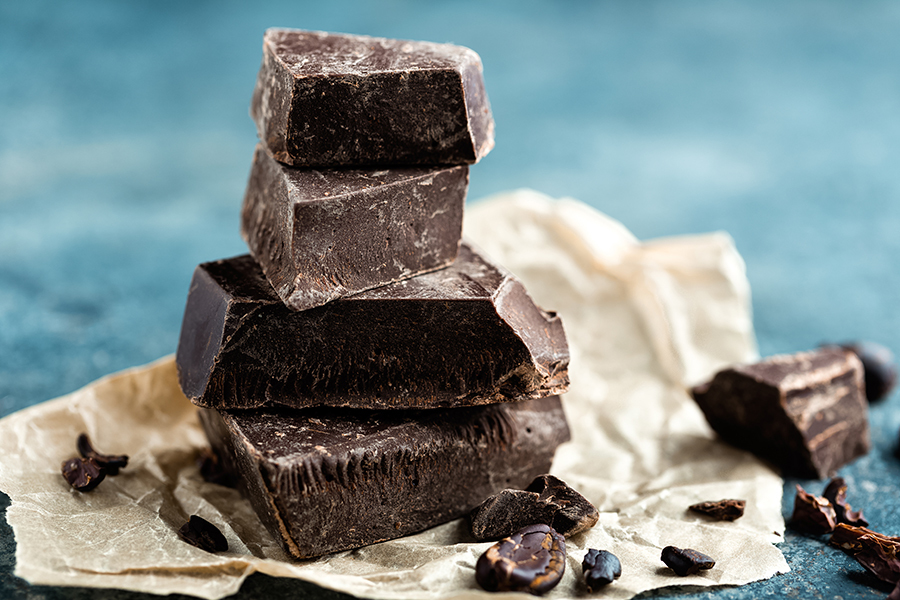
Thank you, Funmi, for sharing 35 healthy high fiber foods, It’s an article with a lot of need to know information.>> I like that you add ways to make the high fiber food and a small description.>>I would eat just about all of the 35 high fibers you have listed except one. Brussels Sprouts>>I didn’t know that brussels sprout help with the fight of cancer. I just have a hard time eating them. They are to bitter for me. I’m going to try the one recipe because the herbs, onion, and bacon sauté brussels sprout look good.>>There’s a couple of others I’ve never heard of, so thank you for bringing them to my attention.
Thanks for sharing this article. It is really informative and helpful. Out of the 35 you listed I only know of about twenty of it and which I have eaten them but never knew how important they are to human health. I will have to consume more but not too much so as to avoid constipation. I have bookmarked this page and I will share this to people for them to know how beneficial fibre is to human health. You did well by posting this.
I so enjoy your site and your recipes. Would you please consider adding a print option so we can enjoy your recipes a little more easily. Thank you.
Thanks, Rose! At some point, I might consider that for my own recipes, These are compilations of other amazing bloggers’ recipes and I share that with my audience so you can enjoy the recipes as much as I did. Happy you enjoyed it.